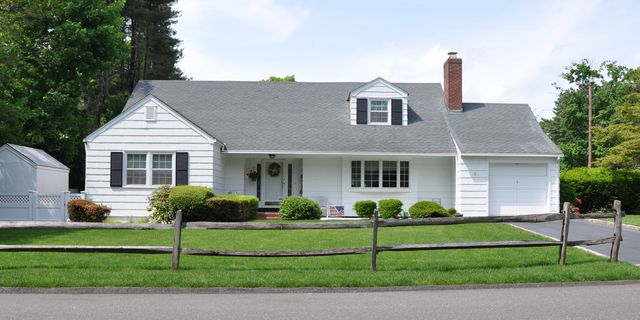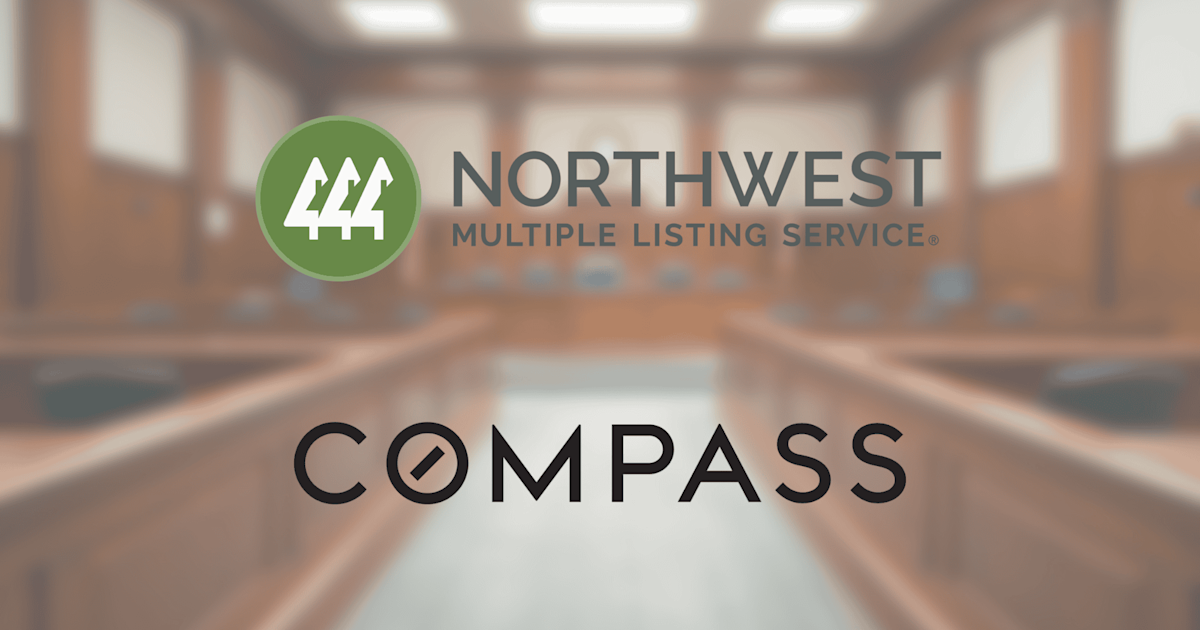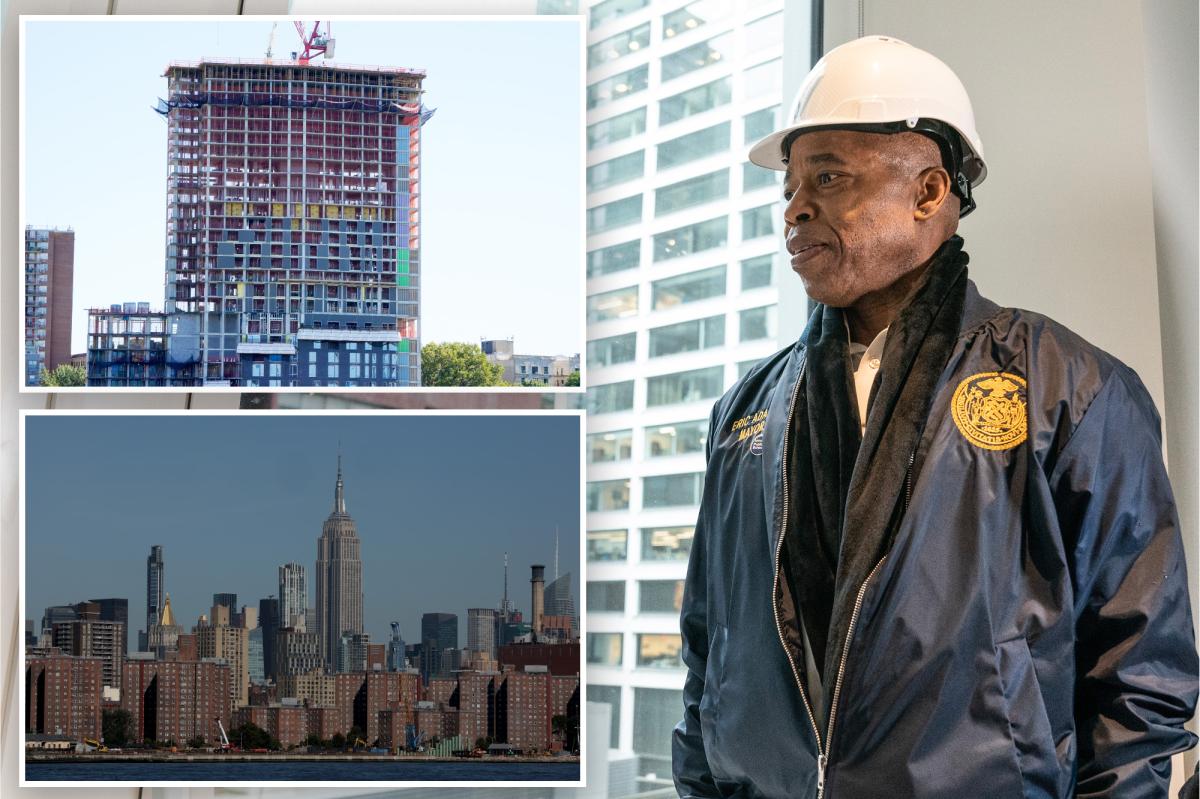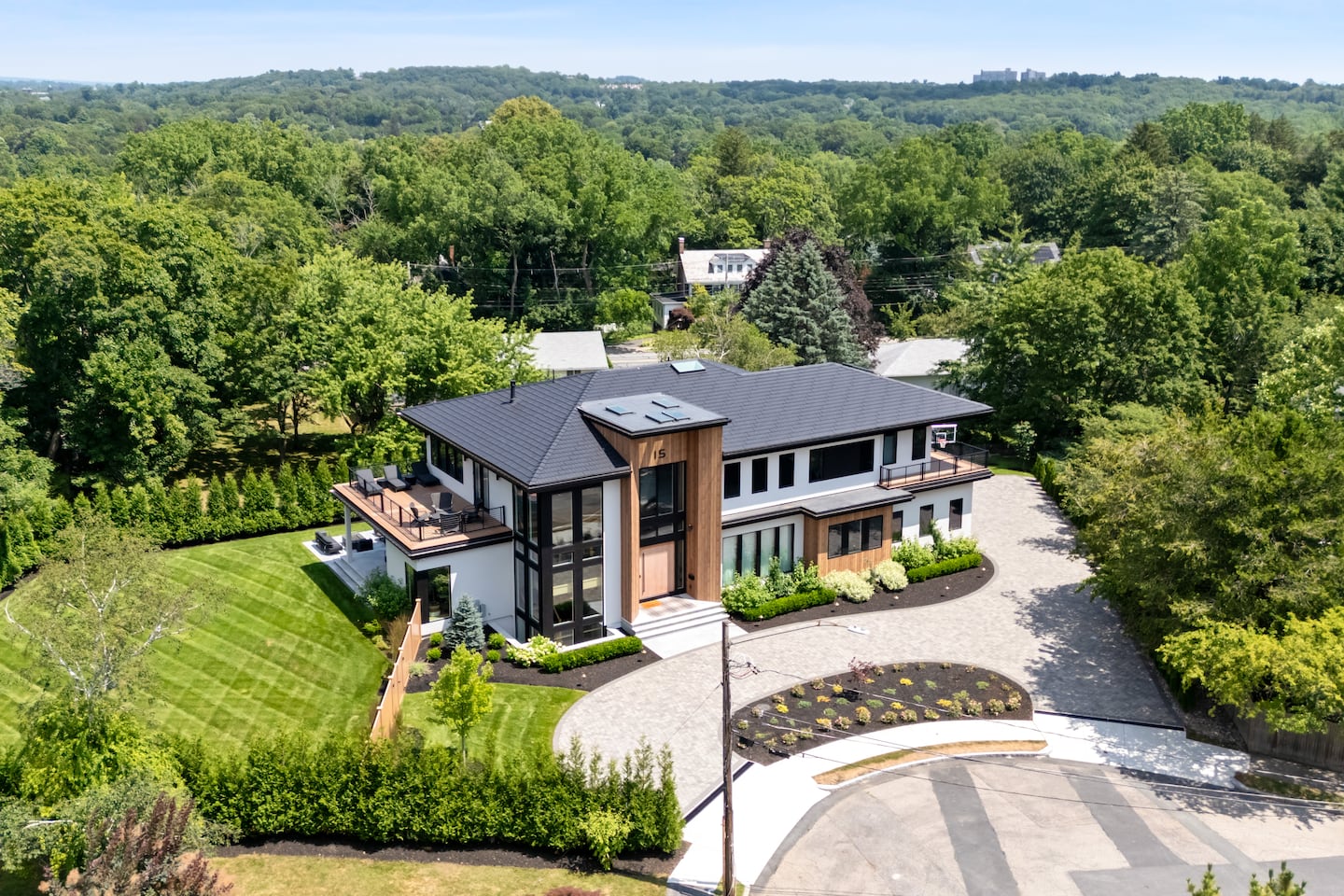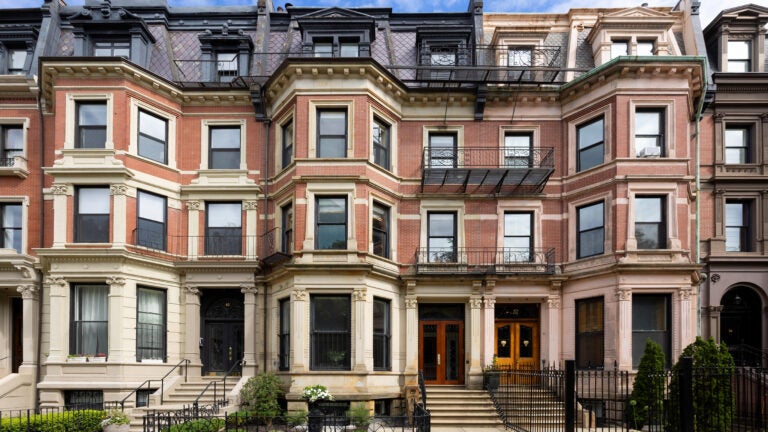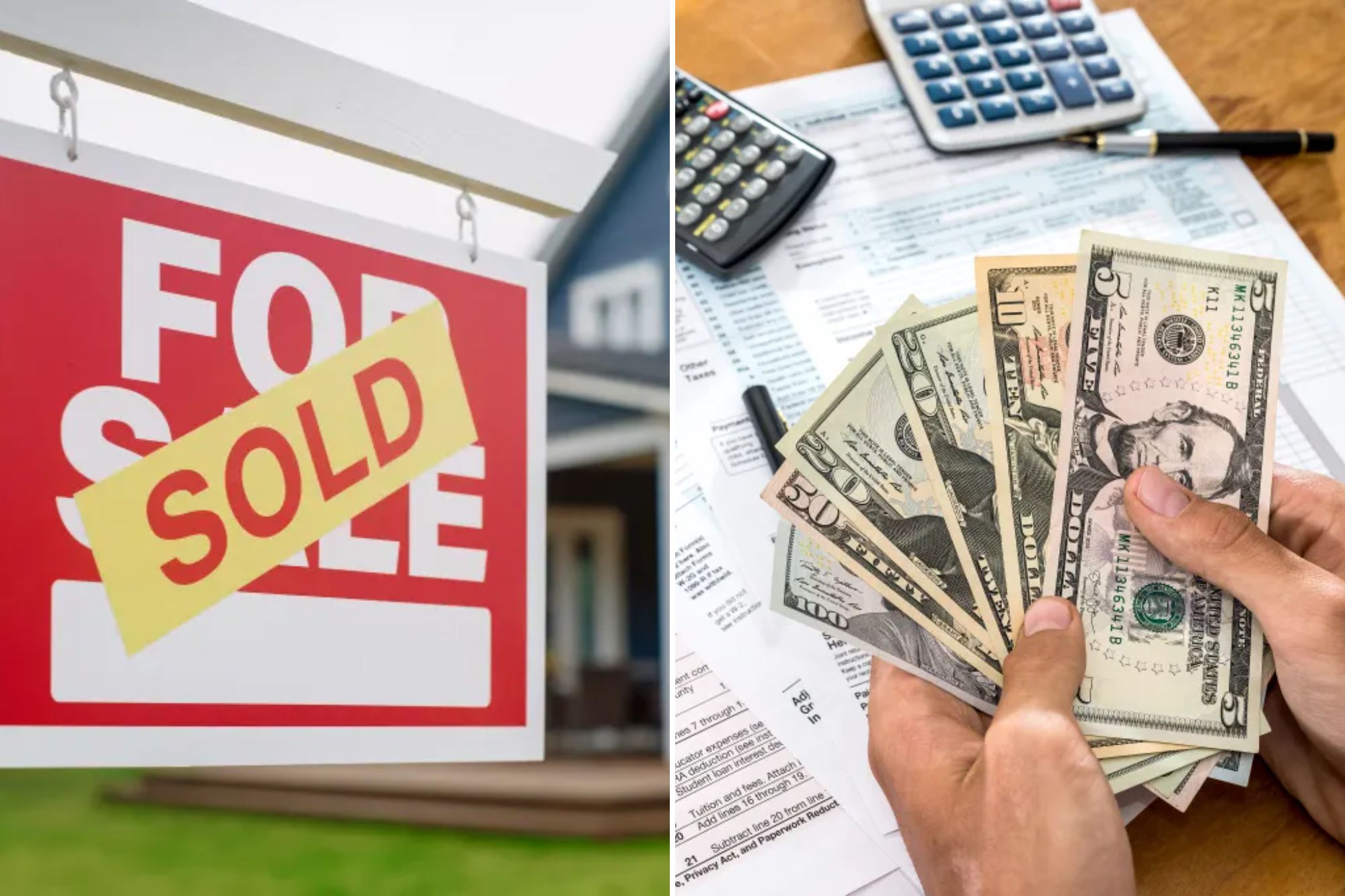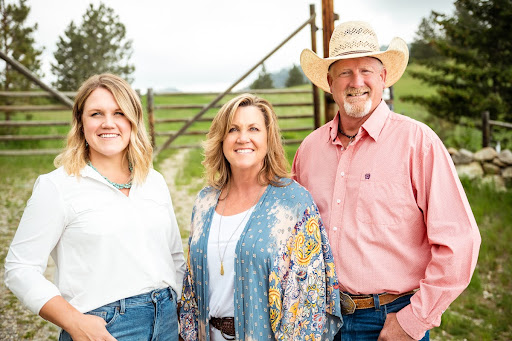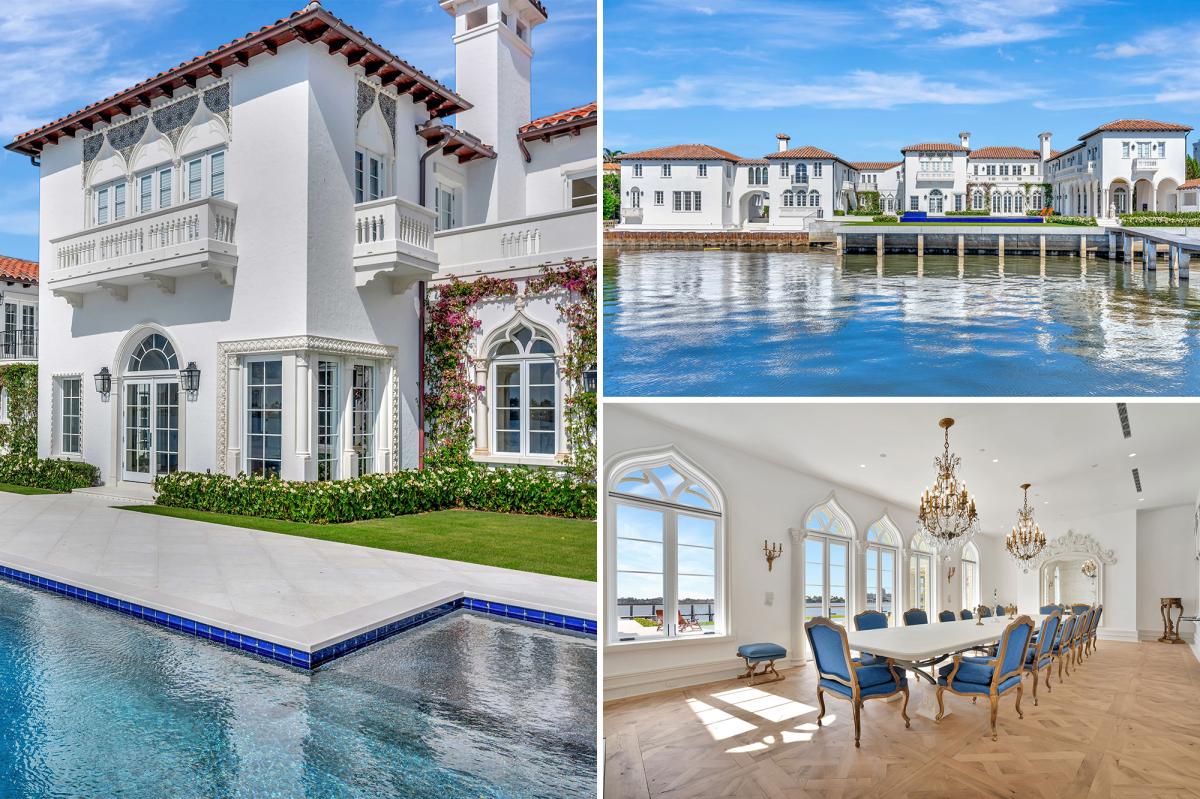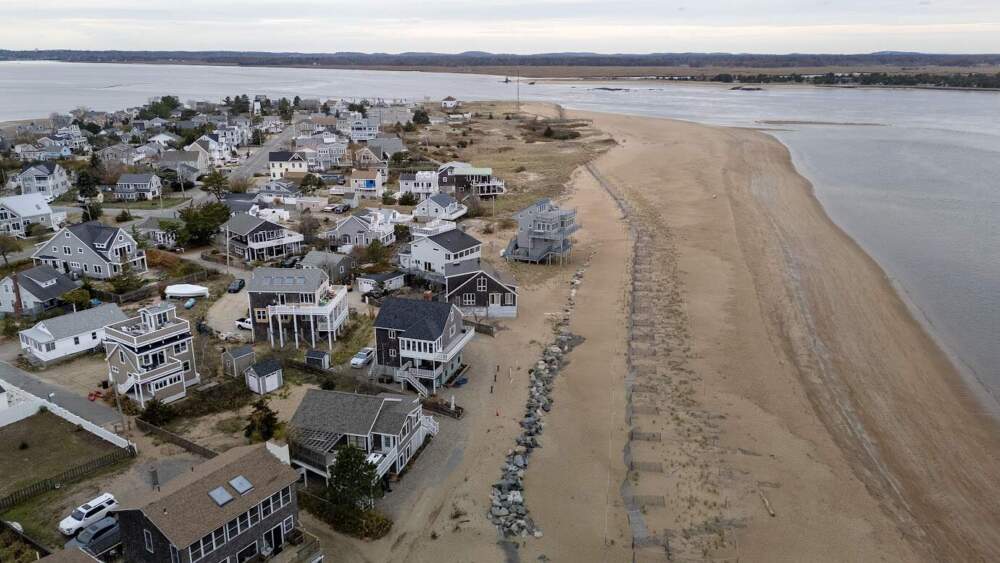T
he American Dream of homeownership has undergone a seismic shift. For decades, the starter home was the gateway to adulthood, a stepping stone to a more permanent residence that would eventually become a family's forever home. However, with interest rates soaring and housing inventory dwindling, this traditional path is no longer a viable option for many first-time buyers.
According to real estate experts, the concept of the starter home has evolved significantly in recent years due to affordability challenges. "The move-up market just doesn't exist like it used to," says Jenna Stauffer, agent for Sotheby's Realty. "High prices, interest rates, taxes, and insurance have created a lethal combo that makes upgrading tough."
As mortgage rates have doubled from near 3 percent to above 6 percent, the break-even point for home buyers has increased dramatically. "Those who buy will have to commit to a home for at least 7 to 9 years before that decision pencils out financially – even longer in pricey coastal metro areas," warns Orphe Divounguy, Zillow's senior economist.
One reason starter homes are scarce is the aging population. Baby boomers are choosing to age in place, driving up homeowner tenure and reducing the availability of starter homes. According to a 2023 Redfin report, the typical U.S. homeowner has spent 11.9 years in their home – up from 6.5 years two decades ago.
First-time buyers are now more likely to prioritize location and size, analyzing potential for future renovations with the expectation that they will stay longer. In fact, 67% of homeowners prefer renovating their current home rather than moving, according to Angi's 2024 State of Home Spending report.
The median age of a first-time home buyer has also increased, from 28 in previous generations to 35 today. This older demographic is more likely to hunt for a forever home, rather than a short-term starter home. "If buyers need to spend upwards of a decade in their home to see a return on investment, they're hunting for a home that's the right fit for them now and 10 years from now," says Divounguy.
Despite these challenges, there is hope for first-time buyers. The housing market is becoming more balanced, offering buyers more options, time, discounts, and bargaining power. Mortgage rates have dipped to their lowest point this year, and new tools are available to track when rates fall further. As Angie Hicks, co-founder of Angi, notes, "Millennials and Gen Zers are becoming homeowners, and still view homeownership as positive and super important."
